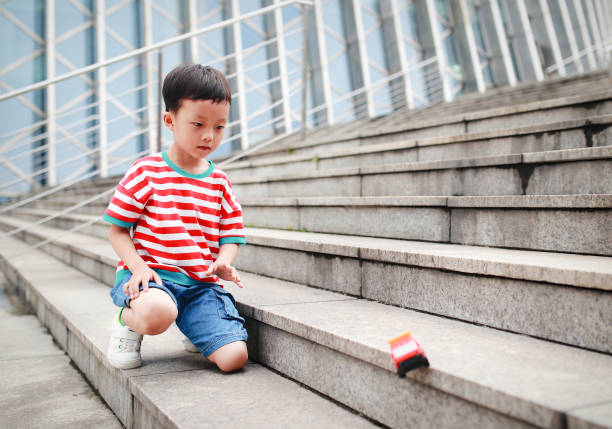You may feel like a parrot when you try to teach your children to be polite.
Why do your children seem to need refreshers on “please” or “thank you” every day? You’re not the only one.
We often hear in parenting circles that “A parent who never forgets, has a child who will always remember.”
It’s unlikely that repeated reminders will change your child’s behavior over time. It’s possible to raise your child so that they will say “excuse-me” when you are not present.
You can help your children brush up their manners by following the steps listed below:
1. Practice what you preach
It would be best if you always used the “magic words” when you ask your spouse to pass butter or tell your six-year-old to put away her shoes.
What you do, rather than what you say, will teach your children more.
2. Teach what you preach
Good manners are not something that your children will “grow” into.
It is possible to train your child on respecting elders, table manners, and proper table manners. This will help them to be able to deal with any social situation politely.
Choose a calm time and a topic. (For example, how to introduce yourself and your cousin at the upcoming wedding). Talk through the words and behaviors you want them to use. For younger children, use action figures or dolls and practice a lot so your child feels comfortable with the manners that you expect.
3. Say What You Want
Encourage your children to be polite by catching them “in the correct.”
You can tell them that you made the meal enjoyable with your good manners or that Grandma appreciated not being interrupted while she told her story.
4. Do not take “Yes” as an answer
Tell your children that you’ll respond with “No, Thank You,” “Yes, Please,” and the rest – but not requests without appropriate manners.
If Brady ever asks to be taken to a friend’s house and doesn’t say “please,” give him a nonverbal reminder (such as circling your fingers in the air).
Tell him that the answer is NO unless they can ask with proper manners. Tell your children in advance to counteract bad behavior at dinner by removing the dishes from anyone who does not use good table manners. ).
5. Do not ask, “What do you say?”
Don’t keep reminding your children to say “thanks” after they’ve been taught. Let them be themselves.
Do reveal to your children the consequences of being rude: they will not want to be in their presence or receive nice things from them. It might be time to give your children more training if they continue to lose their manners.
These steps, along with plenty of practice and time, will help your kids learn to say “please” or “thank you,” so you can stop sounding like an annoying parrot.
